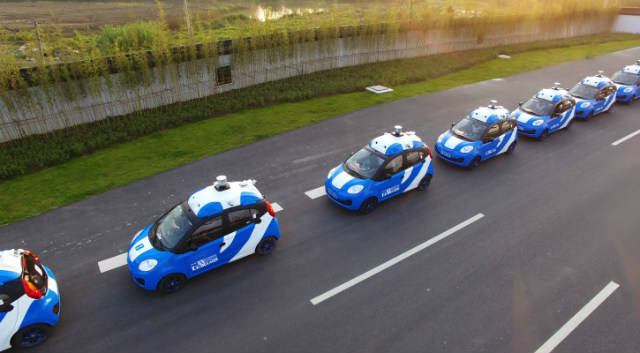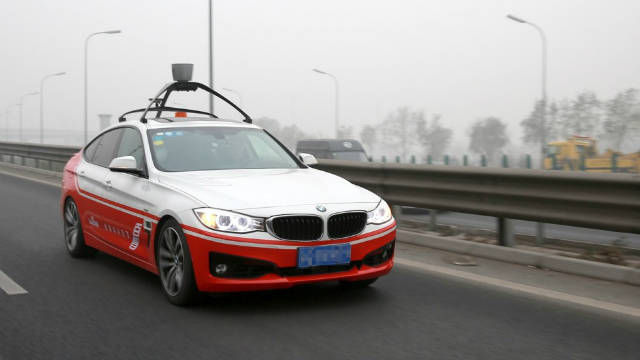Baidu Makes Its Self-Driving Car Technology Available for Free

China’s leading search engine brand announced that it is opening up its autonomous driving technology to car manufacturers for free. With the move, Baidu hopes to help vehicle companies share a common platform instead of designing their self-driving vehicles from scratch. In turn, Baidu hopes to find partners in the sourcing of components and hardware for its tech.
 ©indiatimes.in
©indiatimes.inBaidu’s autonomous driving technology, dubbed Apollo, includes a vehicle platform, software platform, hardware platform, and cloud data services. Named after the U.S. moon missions, the technology presents the potential to make autonomy available sooner to smaller car makers and users at a more competitive price. Apollo offers partners codes and capabilities in obstacle perception, vehicle control, trajectory planning, vehicle operating systems, and other autonomy-related tools and functions.
A looming revolution
Baidu’s willingness to share its technology could help achieve an unprecedented level of cooperation and collaboration in the automotive industry. Up until now, car manufacturers and tech companies have opted to develop their self-driving technology separately or via tight-knit alliances, protecting their inventions through a combination of patents and trade secrets, as the ongoing lawsuit between Alphabet’s Waymo and Uber Technologies proves.
Baidu plans to make its technologies available to vehicles in restricted environments this July. The Chinese tech giant said it plans to share technology for simple urban road conditions before year’s end, with the goal of opening its full tech stack by 2020.
"China is the world's largest market for automotive sales and production. It has many car brands and an open environment that is ripe for collaboration," said Baidu COO, Qi Lu, a former Microsoft exec, in a statement.
An uncertain future
 ©bmwblog.com
©bmwblog.comThe success of Baidu’s standard platform bid depends largely on how many partners sign on to the project.
“What strikes me at first is the lack of any partners that have signed on,” said Patrick Moorhead, president and principal analyst at Moor Insights & Strategy. “Open sourcing something is interesting, but only if other people join you. This is the challenge that currently faces Intel and BMW, who are trying to create an open platform for self-driving cars,” he added. BMW attempted something similar to what Baidu is doing. Last July, BMW announced that it will work together with Intel and Mobileye to create an industry standard that will define an open platform for autonomous driving.
BMW also had a brief two-year relationship with Baidu that fell through last year because the two companies couldn’t agree on strategy. Aside from BMW Baidu already has established partnerships with other car manufacturers such as BAIC Motor, BYD, and Chery, all from China.
Embracing AI
Baidu was one of the first tech companies to develop autonomous vehicle technology. The company started conducting road tests in Beijing with its self-driving vehicles back in 2015. In November 2016, Baidu offered test rides to participants of the World Internet Conference in Wuzhen.
The Chinese company also carries a permit to test in California, which is the headquarters of its AI and research labs.
“AI has great potential to drive social development, and one of AI’s biggest opportunities is intelligent vehicles,” Lu said.
Featured Articles
- Latest
- Popular
Recommended Articles For You
Featured Cars
- Latest
- Upcoming
- Popular
Car Articles From Zigwheels
- News
- Article Feature
- Advisory Stories
- Road Test
